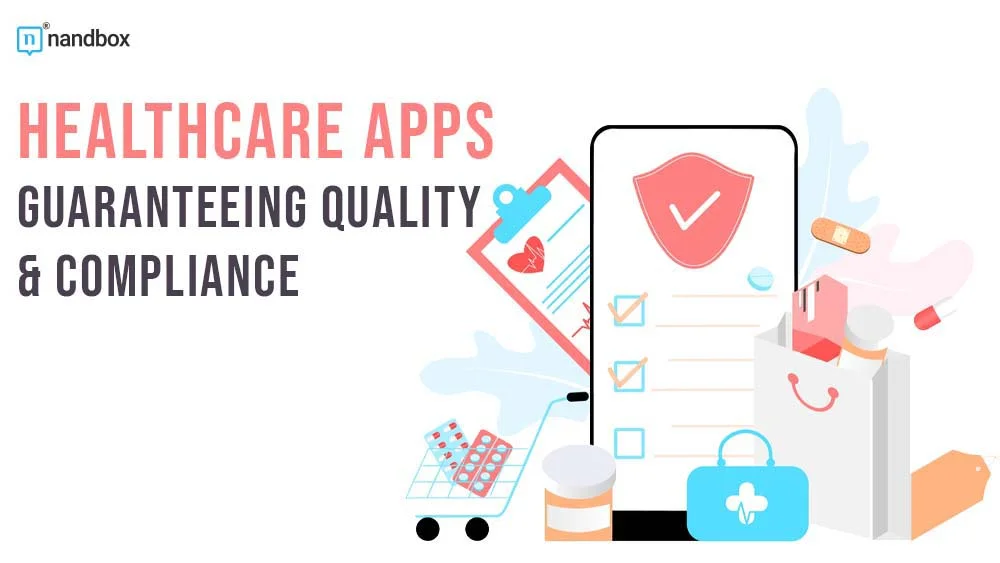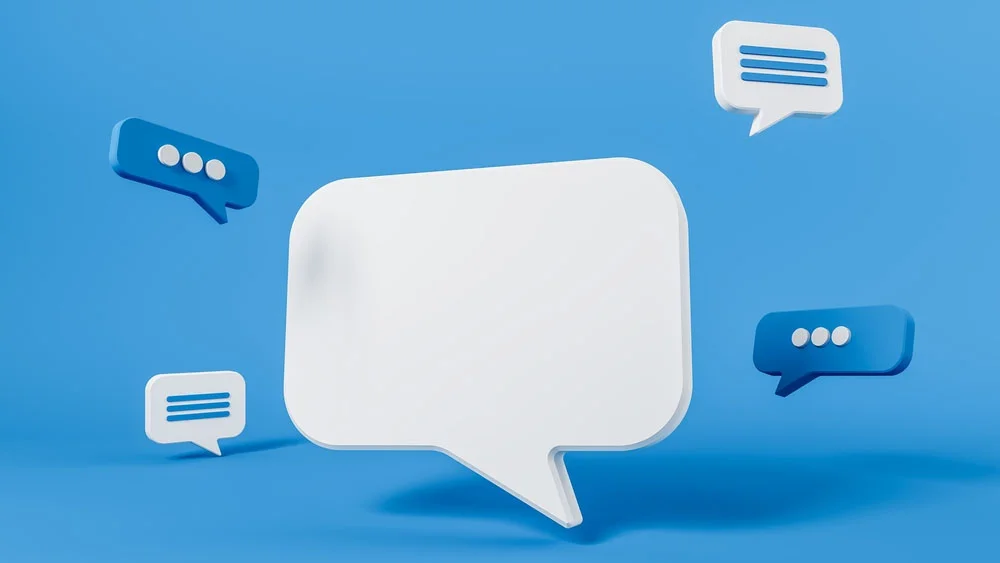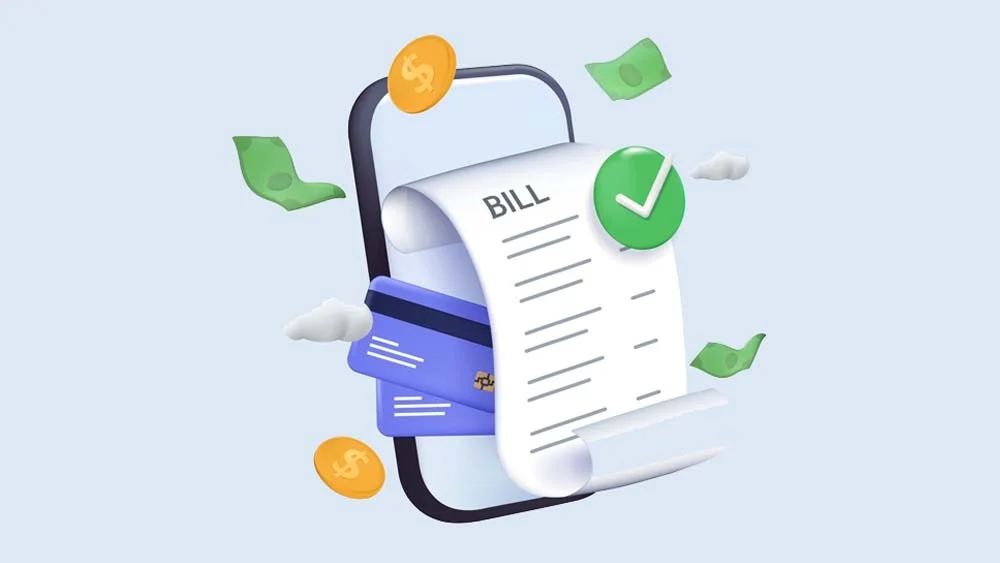Applications for healthcare have grown rather crucially in the medical industry today. The need for healthcare apps has increased as more patients look for care when it’s convenient for them, especially in the wake of the COVID-19 pandemic. The popularity of healthcare web application development has increased as a result of this transformation, which has emphasized the viability of remote services, including healthcare.
The Increase in Health Apps in the Course of Tech Development
Creating a healthcare application calls for much more than just technological expertise. It requires an experienced software development partner to make sure your app conforms to all applicable laws. Healthcare organizations can profit significantly from working with such a partner since it can enhance patient and physician results. In this article, we will discuss the types of healthcare applications, the benefits of working with a trustworthy healthcare app development business, and also the significance of compliance.
Defining Healthcare App Types
Reputable healthcare app development companies are capable of developing a wide range of solutions to meet specific requirements. These include clinical research software and healthcare websites, each with its own set of complications. Whether your target audience is individual users or healthcare organizations will determine what kind of healthcare application you require. The following are some typical categories of health apps. Let’s tackle them.
#1 Healthcare Management
Identifying the appropriate type of health application critically impacts outcomes for both patients and healthcare providers. Among these technologies, effective management through specialized software for health organizations has greatly enhanced operations. For example, these tools enable efficient case management and better coordination in social work, which is crucial in maintaining continuity of care. Among these healthcare solutions, medical practice management software from CollaborateMD plays a significant role in ensuring efficient clinic operations. By streamlining everything from electronic claim submissions to accurate payment posting, this software enhances productivity for healthcare providers. Efficient medical management not only optimizes the claims lifecycle but also facilitates improving patient intake processes.
#2 Medical Apps
These apps perform a variety of tasks in a medical context, including arranging appointments, exchanging patient data, providing access to medical histories, doing real-time screenings, billing, managing prescriptions, and accessing lab reports. They can also automate many procedures and lessen manual work by facilitating the sharing of instructional materials and training among healthcare professionals.
#3 Apps for Remote Monitoring
The epidemic has dramatically increased the demand for telemedicine. Forbes projects that the market for remote patient monitoring (RPM) apps will grow to $117.1 billion by 2025. These applications lessen the burden on clinics, decrease the risk of infection, minimize emergency room wait times, and improve communication between patients and physicians. Many of these apps also help users track COVID-19 symptoms, enabling better monitoring and timely consultations with healthcare providers.
#4 Wearable Devices
With the ability to track vital signs like heart rate, wearable technology has grown in popularity. These gadgets can be made more functional with apps that let doctors monitor patients’ vital signs in real-time.
#5 Embedded Software for Healthcare Devices
Advanced hardware and software are frequently used in modern healthcare equipment. The best person to manage the challenging work of creating embedded software for these devices is an experienced development business, as it must adhere to strict healthcare standards and laws.
#6 Web Platforms (Websites, Portals, and Web Apps)
These types are essential for establishing a connection between patients and clinics. Websites are used by many healthcare facilities to manage appointments. A company that develops websites for the healthcare industry can build online tools that improve patient and clinical staff communication.
These examples show the variety of apps and software that may be developed by a trustworthy healthcare app development business.
Advantages of Software for Healthcare
A skilled healthcare app development company can create feature-rich and top-notch apps that are customized to meet the demands of your business. These apps can provide a number of advantages. Let us dive deeper into the key ones.
#1 Health Tracking
Good care depends on keeping an eye on patients’ vital signs. For instance, monitoring blood sugar levels in individuals with diabetes aids in selecting the best possible prescription drug.
#2 Electronic Health Records (EHR)
EHRs give physicians access to thorough patient histories, which helps them make well-informed decisions. An organization that develops apps for healthcare can guarantee that authorized users can access EHRs from various devices at any time.
#3 Appointment Reminders and Scheduling
Clinic operations depend heavily on effective appointment scheduling. Time and money are saved when patients use apps that let them schedule appointments and get reminders. It also minimizes the number of canceled appointments.
#4 Real-Time Calls and Chats
Mobile apps help patients and physicians communicate. The top developers of healthcare apps also make sure that these exchanges are safely protected.
#5 Payments and Billing
Safe payment and billing options give medical professionals more convenience. Security is improved when encrypted payment gateways are included in healthcare apps. Medical billing software is the most common example of these through which complex and costly procedures like cancer treatment and its cost can be kept in check all thanks to oncology medical billing apps.
The Difficulty of Compliance and Regulations
Sensitive patient data is handled by healthcare institutions. This data needs to be protected to guarantee patient privacy and safety. Stricter restrictions are a result of the industry’s digitization, which increases the pressure to secure this data.
Regulations of healthcare data security vary by area. It is essential to follow these rules to stay out of trouble. For instance, HIPAA regulations must be followed in the US. In 2022, the penalty for infractions will range from $127 to $1.9 million.
Working with an experienced healthcare app development company guarantees that your app conforms with all applicable laws. Additionally, this organization should offer training courses so developers can learn about these requirements.
Specifying the Features of Your Healthcare App
The capabilities that healthcare software offers can vary greatly depending on what your business needs. For patient data management, a healthcare app development business can incorporate functions such as reporting, sophisticated analytics, and cloud storage. Features for staff training and knowledge bases can also be included. Your possibilities for building extensive websites and applications are increased when you collaborate with a reputable healthcare website development firm.
The ultimate objective is to increase clinic productivity and raise the standard of patient care. Because every healthcare solution is different, technological consulting is essential. Your healthcare app development partner ought to be aware of and responsive to your unique requirements.
Final Words
Beyond technical know-how, developing websites and apps for healthcare is necessary. Adherence to regulations is crucial in safeguarding patient information and preventing sanctions. It is essential to collaborate with a development company that is knowledgeable about these rules and capable of producing feature-rich, compliant apps.
The Otakoyi software company creates compliance-based, high-quality healthcare apps by fusing technology and industry knowledge. Our technology department plans technical specifications, creates UI/UX, establishes app architecture, and also does Product Discovery. Our development team is knowledgeable about all applicable regulations, so your software will comply with all specifications.





